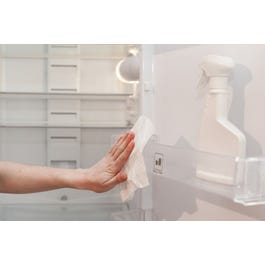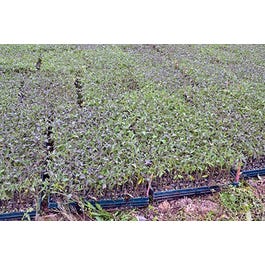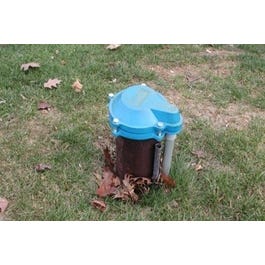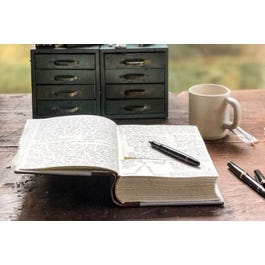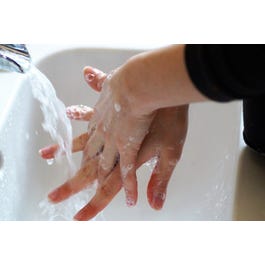
[ad_1]
The store will not work correctly when cookies are disabled.
News
We’ve heard it a thousand times: “Wash your hands often!” What does this really mean?
We’ve heard it a thousand times: “Wash your hands often!” What does this really mean? Proper hand washing is an important practice that can help to prevent the spread of illness like COVID-19, RSV, and flu. Be sure to follow these steps to keep yourself, your family, and your community safe.
- Wet your hands with warm water to remove any loose material and so that the soap lathers.
- Add soap. Any form is acceptable: bar, liquid, foam, or powder. Be sure to add enough to get a good lather.
- Scrub. Scrub. Scrub! This is the most important step. Don’t rush! To effectively remove contaminants like bacteria, viruses, and chemical residue, you need to physically dislodge them to rinse them down the drain. We’re not relying on chemicals in soap to do the job for us, we need friction (scrubbing) on all surfaces of our hands: back, front, between, fingernails to get an effective wash.
- Rinse the soap and dislodged contaminants down the drain.
- Dry your hands using a single use towel. This can be a paper towel or a cloth towel that is used one time, then laundered. Shared, re-used, cloth towels can collect and spread germs from one person to another.
- Use the towel to turn off the water so that you don’t re-contaminate your hand by touching the dirty faucet.
Handwashing Mistakes
The following shortcuts are not sufficient enough to remove contaminants. They do not count as handwashing!
- Rinsing your hands under running water
- Wiping your dirty hands on a towel
- Using hand sanitizer
Hand sanitizer works best when your hands are clean, after your hands have been washed. If soap and water are not available, using hand sanitizer is better than doing nothing at all, but it is not as thorough or effective as a good old-fashioned hand wash!
When to Wash
Hands need to be washed many times throughout the day. Here are some examples of when you need to wash:
- before and after preparing food
- after using the restroom
- after sneezing, coughing, or blowing your nose
- after touching dirty surfaces (eg: cleaning tools)
- after handling pet food
- after playing with pets
- before and after putting groceries away
- before unloading and after loading the dishwasher
- when returning home after visiting the grocery store or gas station
Pay attention to when you touch dirty surfaces and remember to property wash your hands. Guide your kids through the proper procedure and remind them to wash their hands. Doing so will help to protect you and your family from illness.
[ad_2]
Source link


